 |
| Ms. Mona Veluz |
Conference Chair
Philippine National Autism Conference
The Autism Society Philippines (ASP) has grown from the 11 mothers who bonded together for the causes of their children in 1989 to nearly 13,000 members, with 97 chapters all over the country.

The Autism Society Philippines (ASP) increases public awareness about challenges faced by Filipinos on the spectrum, advocating for appropriate services, and providing the latest information regarding intervention, education, and advocacy. It is comprised of persons with autism, families, teachers, and educators whose lives have been touched by autism.
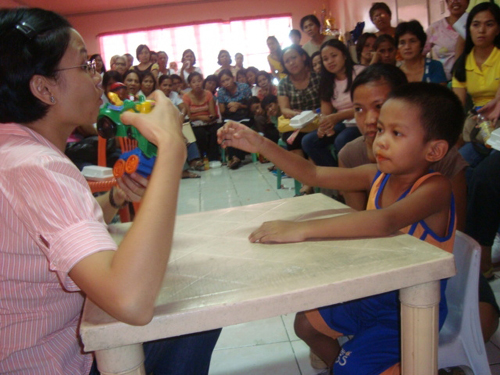
The Autism Society Philippines (ASP) reaches out to the many communities across the islands to organize and help make available services and support to persons with autism and their families, in close coordination with government agencies, local government units, and community builders. Our chapters remain to be driving force behind the organization's meteoric growth.
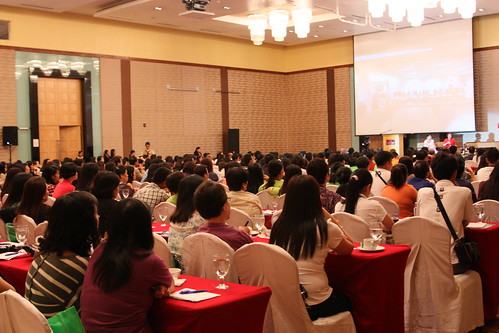
 |
| Ms. Mona Veluz |
 Posted in: nac
Posted in: nac
 |
| Ms. Janette Peña |
 Posted in: nac
Posted in: nac
 |
| ASP Chaiman Emeritus Erlinda "Dang" Koe |
 Posted in: nac
Posted in: nac
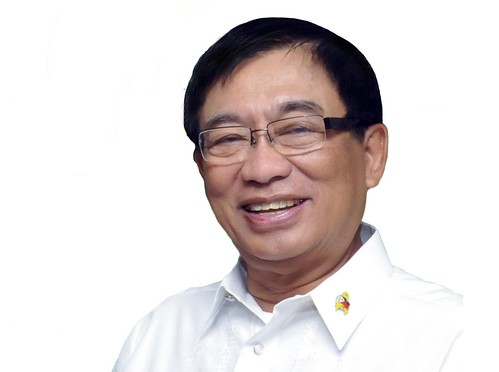 |
| Mr. Enrique Ona |
 |
| Engr. Bien Mateo |
 |
| Ms. Carmen Zubiaga |
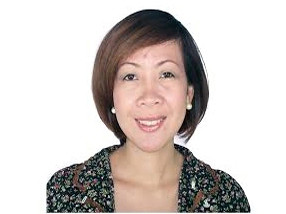 |
| Ms. Mae Sadicon |
 Posted in: angels-talk
Posted in: angels-talk
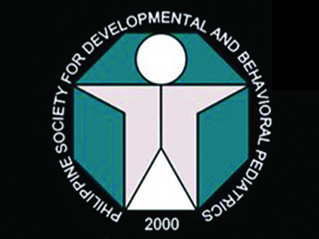 |
| PSDBP Logo |
The society acknowledges the potential of using stem cell therapy as a treatment option for developmental disabilities. However, there is currently no strong scientific evidence to recommend the use of stem cells as treatment for neurodevelopmental disorders, developmental disabilities and central nervous system disorders including but not limited to autism spectrum disorder, cerebral palsy, global developmental delay and intellectual disability. Since the long term safety and effectiveness of the use of stem cells in humans have not been established at this time, its use for these conditions should be confined to well-designed clinical trials that include the necessary ethical, scientific and regulatory controls. At present, the society strongly encourages the use of evidence-based interventions for developmental and behavioral conditions, under the guidance and recommendation of a Developmental-Behavioral Pediatrician or Neurodevelopmental Pediatrician duly board certified to practice in the Philippines.This position statement was made after careful study by the PSDBP Research Commitee Task Force for Stem Cell Therapy Position Statement, whose members include:
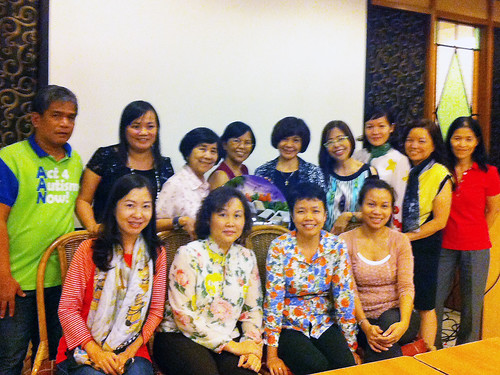 |
| The ASP leadership welcomes the Vietnam advocates |
 |
| ASP President Jan Peña in action |
 |
| Kiel, second from the right, kneeling, among other young and not-so-young adults on the spectrum who attended the 13th Philippine National Autism Conference. |
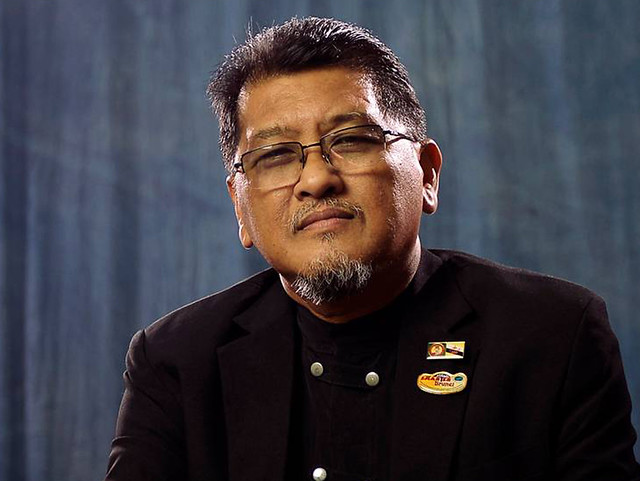 |
| Mr. Malai |
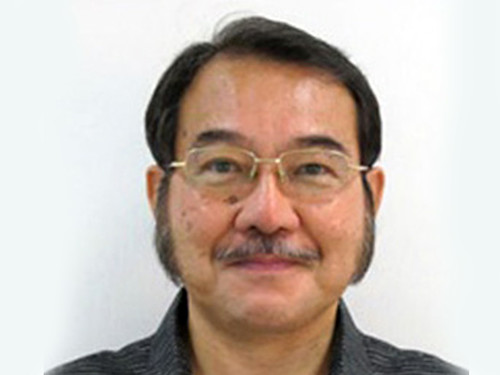 |
| Mr. Akiie Ninomiya |
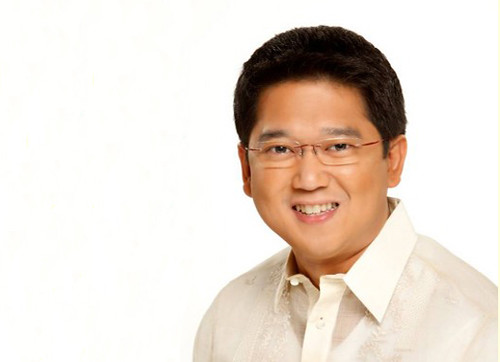 |
| Mr. Herbert Bautista |
 |
| Cong. Irwin Tieng |
 |
| Vice President Jejomar Binay |
 |
| Disney Magical Poster |
Chie Marquez, the President of ASP Bacoor Chapter, shared: “My son Moti excitedly showed me his calendar pointing to the number 4 (which he marked with “ MOA Arena”) and told me “sleep then MOA”. We were lucky to be a part of limited ASP members who were given complimentary tickets by SM to watch Disney Live Mickey’s Magic Show at the MOA Arena. SM is so generous that the tickets it gave away to ASP members are lower box tickets! SM make us feel big time in a way :D”Henry Aquino and his son, Hannz made this event as an opportunity to bond as father and son. Henry is thankful to ASP and SM Cares for inviting them to the wonderful show. His son was very happy and so excited to watch it. He even stood up and went down to see the Disney characters and magicians up close. Henry felt it was the happiest thing he has done with his son, since he has been too busy at work.Elizabeth Udquin of ASP UP-Camp Chapter and ASP National Board Trustee said that for a family like hers, it was impossible for them to watch Disney live shows due to the cost of tickets. She also noted that many of the chapters invited were from marginalized families; but transportation fees became far from their mind, as long as their children can witness the Disney magic. When she learned about the offer of SM Cares, she immediately listed her kids and cancelled all her commitments for that day. During the show, her son Cholo kept on shouting “Abracadabra” and kept nagging his mom that he wants to volunteer on the stage. “On behalf of ASP UP-Camp Chapter, we would like to express our gratitude to SM Cares for giving us a chance to witness the show and be a part of it,” she said.For Jean Gonzales of Mandaluyong Chapter, it was indeed a tremendous experience! They are grateful to ASP and SM for giving them a chance to watch a show like this.
 |
| Raphael Torralba and Cecile Sicam with Mr. Soya Mori |
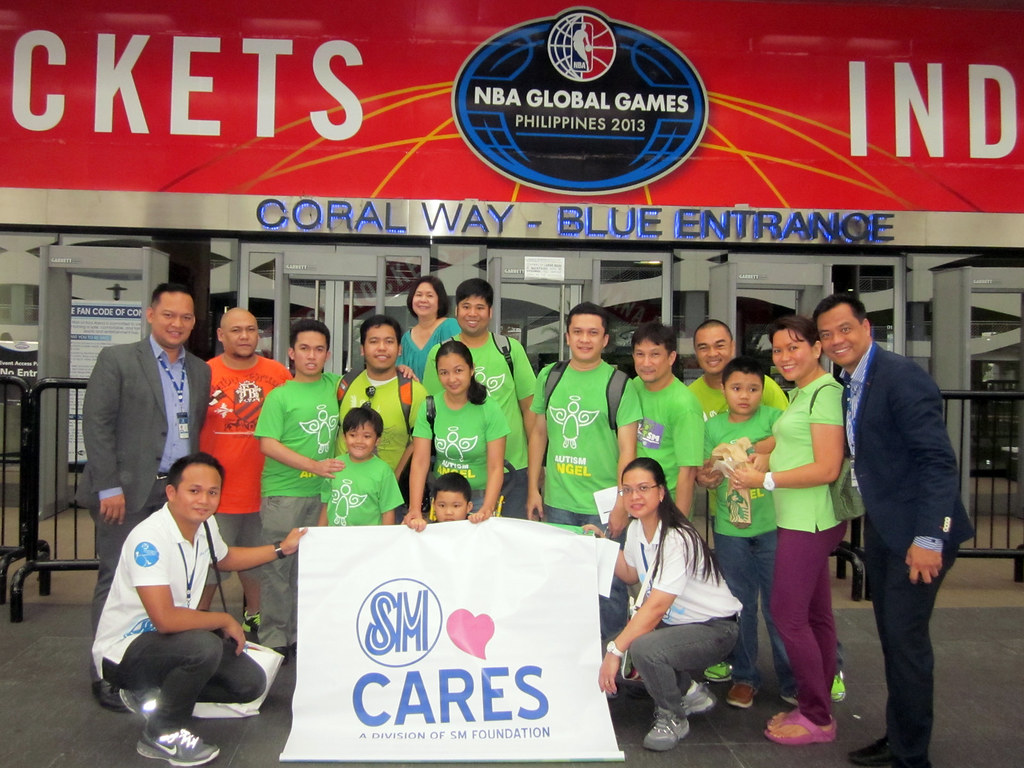 |
| ASP Family at NBA Cares event |
 |
| Ms. Mona Veluz with son Carl |
 Posted in: fsg
Posted in: fsg